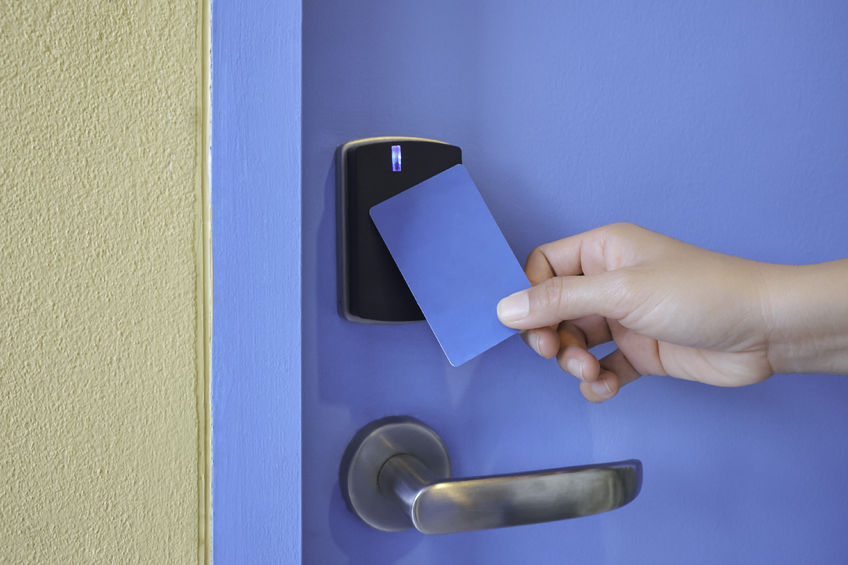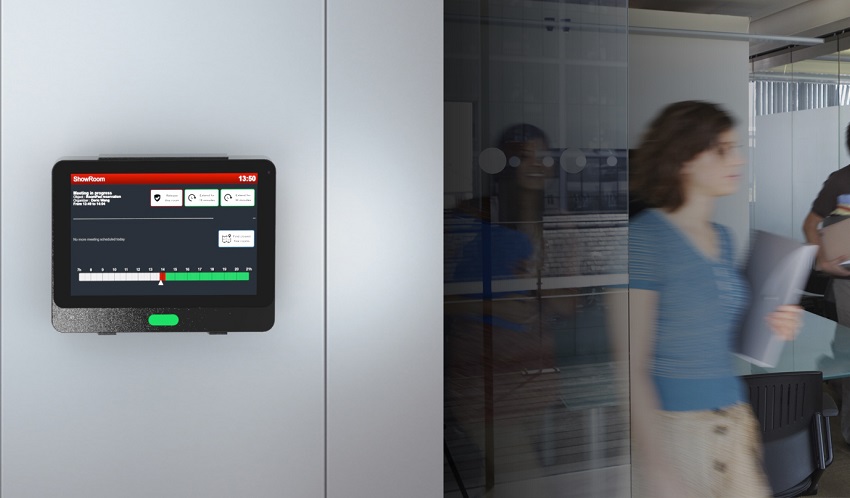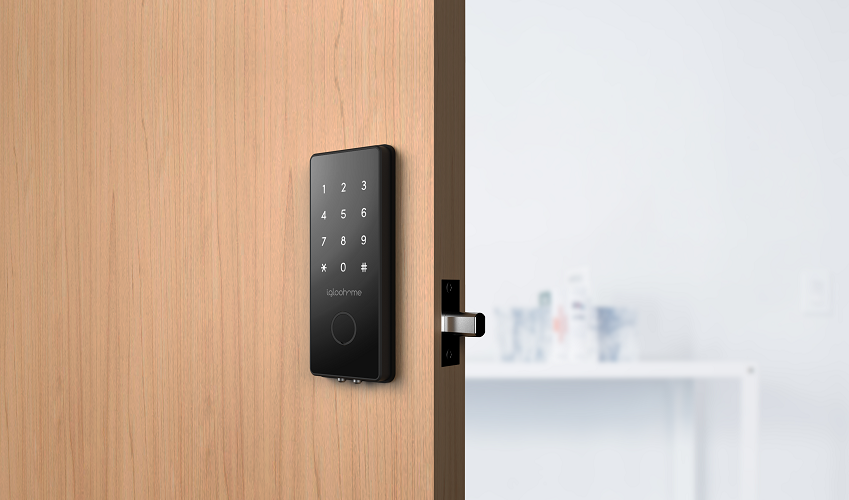Educational institutions are undertaking multi-million-dollar digital engagements with the aim to transform themselves from traditional learning institutions to smart campuses.
According to a survey of higher education officials, 43% agreed that smart campus technology could boost student retention.
This is because nowadays, technology has become a part of every student’s life. They expect schools and universities to offer high-tech infrastructure on their campuses. And the smart campus initiative includes the room booking system.
Smart Campus with Room Booking System
The term ‘Smart Campus’ applies to educational institutions that use next-generation technologies woven seamlessly within a well-architected infrastructure. However, this article will focus on the facilities aspect and its impact on students and staff.
What is a campus without its classrooms, labs, libraries and sports complexes? These spaces are fundamental to the campus and inspire students and staff to work and learn. When managed effectively, these spaces can boost efficiency and improve student and staff morale. Also, such endeavours provide confidence to parents who want their kids to have the best facilities.
Universities need a room booking system to be able to effectively manage space within their campuses. The lack of a proper system to manage such facilities can result in misuse, abuse and underuse. This will cost time and money.
Managing the resources is a core part of a smart campus solution. Below, we discuss how a room booking system can significantly contribute towards a smart campus environment.
1. Integrated Classroom Scheduling
Scheduling term sessions has always been a challenging endeavour for teachers and staff. While this may not seem very ‘cool’ in terms of visibility and outward branding but it performs a core task that is fundamental to all educational institutions.
Before the beginning of the term, teachers and staff are in a mad rush to schedule their classes and calendars. Teachers pour over Excel sheets which travel from one department to another before a consensus is reached on a final schedule.
Some institutions use automated rostering systems to manage the schedule. However, many of the rostering systems do not include room reservations in their algorithms. The output of the scheduling exercise results in a manual reservation of all the rooms in a common shared calendar.
A smart campus must have a system in place where the results of the schedule are automatically imported into the room booking system with all the business rules to validate bookings and prevent conflicts and double bookings.
Priority should be given to the scheduling algorithm. Ad-hoc meetings that are booked should be gracefully bumped off the calendar with notifications. This frees up a tremendous amount of time for the teachers and staff. Also, it provides the confidence that all classes are assigned the correct rooms and at the right time.
2. Smart Space Reservation
Modern education involves teamwork and group projects. Your smart campus must have study pods, learning labs, group discussion corners, innovation spaces and break-out areas. Also, it’s crucial that you manage these spaces with appropriate technology.
A room booking system for schools and universities allows you to impose business rules. The ability to effectively administer and execute business rules makes management of the above-mentioned smart spaces easier.
For example, you can have a quota system in place for booking work desks and private cubicles. This will ensure that students and staff get an equal share of usage. For a group space, you can make a rule that the particular space has to be used by two or more people. This will prevent the hogging of space by a single person.
You can also have time-based usage of computers in the computer lab and restrict specific rooms for specific groups of students. All these arrangements, aided by technology, form a part of the smart campus ecosystem.
3. Integrated Mobile Apps
Nowadays, everybody has a smartphone. An app on the smartphone can be a powerful tool to extend the smart campus initiative to the user. This app can help staff and students locate and reserve free spaces on the go.
The app will notify the users of their upcoming bookings and also provide them with the opportunity to cancel any booking if they want to do so.
You can also have a system where QR codes will be pasted on desks and the staff and students can just scan the QR code and make a booking.
When linked with beacons, smartphones can act as direction finders and announcement tools for the smart campus.
4. Building Automation System
When the smart campus room booking system is linked to the Building Automation System (BAS), lighting, air conditioners, AV equipment, etc. in that particular space can switch on or off automatically based on occupancy or usage. This will save a tremendous amount of energy.
Smart room booking systems can even suggest rooms for booking in the same zone where other rooms have been booked and where the lighting and AC are already running. This will prevent the need to switch on utilities in other zones.
All these measures will result in greater efficiency in energy consumption which will not only cut costs but also be good for the environment.
5. Secured Access Control
In an educational institution, not all students can have access to all the rooms. Some rooms will be out of bounds unless the student has enrolled for the particular course or class. You can ensure this by linking the room booking system to the door access control panel, which has built-in safety for preventing unauthorized access.
For example, only students who have enrolled on the music course will have access to the music studio which holds expensive musical instruments. Students who have not enrolled for the music class won’t be allowed in.
Students will have ID cards that will allow them in or restrict their access to these types of special rooms based on whether they have permission to enter or not. This improves the safety and security of these precious resources.
6. Digital Information Dissemination
Nowadays, many schools and universities have digital boards or TVs mounted on various spots across the campus. By integrating the room booking system with such smart digital TVs, real-time event and classroom information can be pushed to these devices.
The ability to push classroom schedules across campus and display that information on digital wallboards can help students and staff navigate the campus for their next class or session. Touch-based way-finders can help visitors navigate through large campuses.
7. Fault Reporting
It is one thing to have advanced technology in place and quite another to have it working smoothly. You cannot always depend on the facilities team to find out faults with the system as they have their hands full most of the time.
What if the process of detecting faults and reporting them can be delegated to the people who use it the most?
Staff and students can raise faults through the room booking system which contains the layout for all usable spaces on campus. This provides the facilities team instant notifications across the campus, thus providing rapid turnaround to fix issues.
When linked to the building management system, the room booking system can be designed to even contact the vendor who is in charge of the equipment that is faulty to trigger a work order. This complete automation can remove a lot of the workload from the shoulders of the facilities team.
Conclusion
An integrated room booking system can contribute towards a smart campus, helping in terms of improved usage, reduction in energy consumption, and overall wellness of the students and staff.




